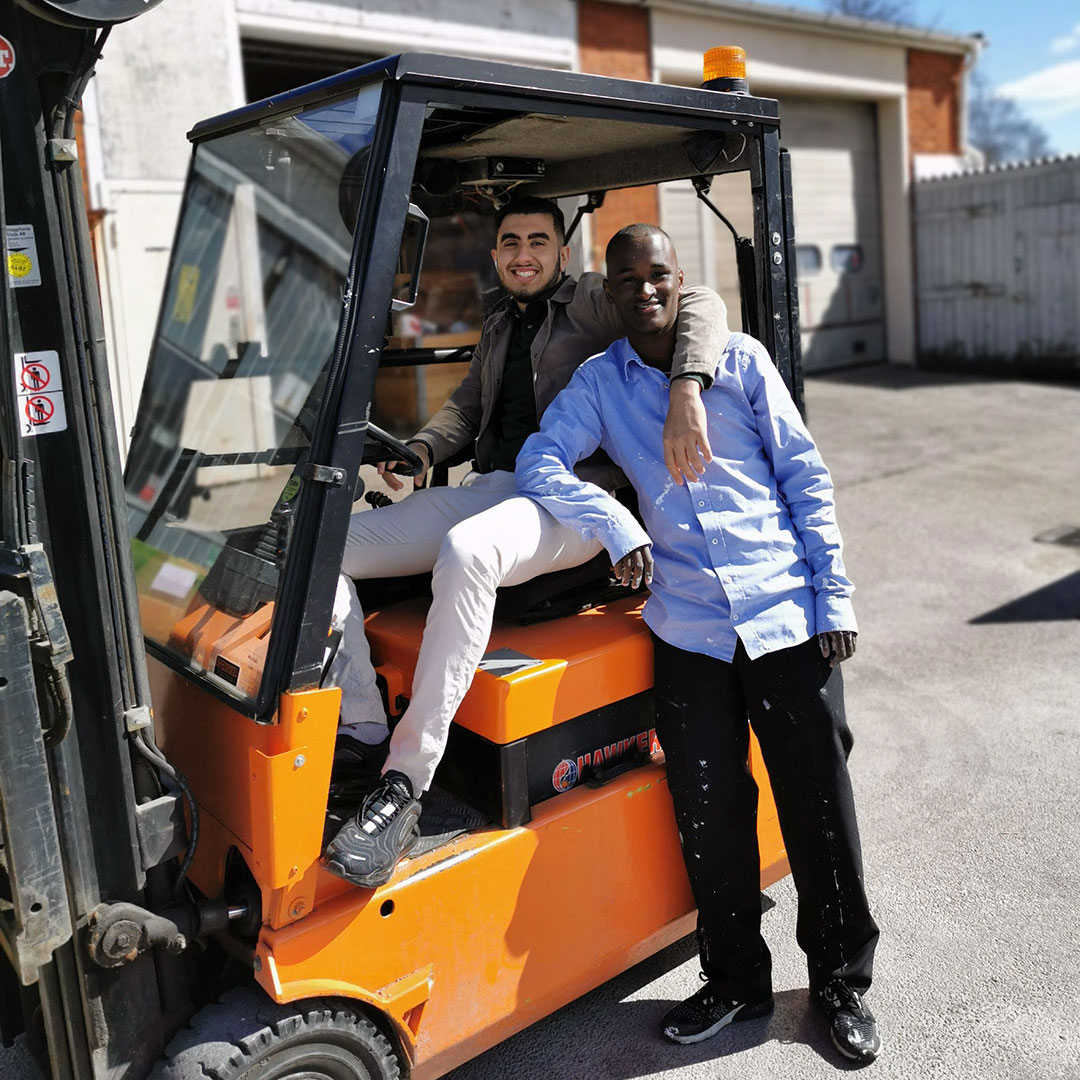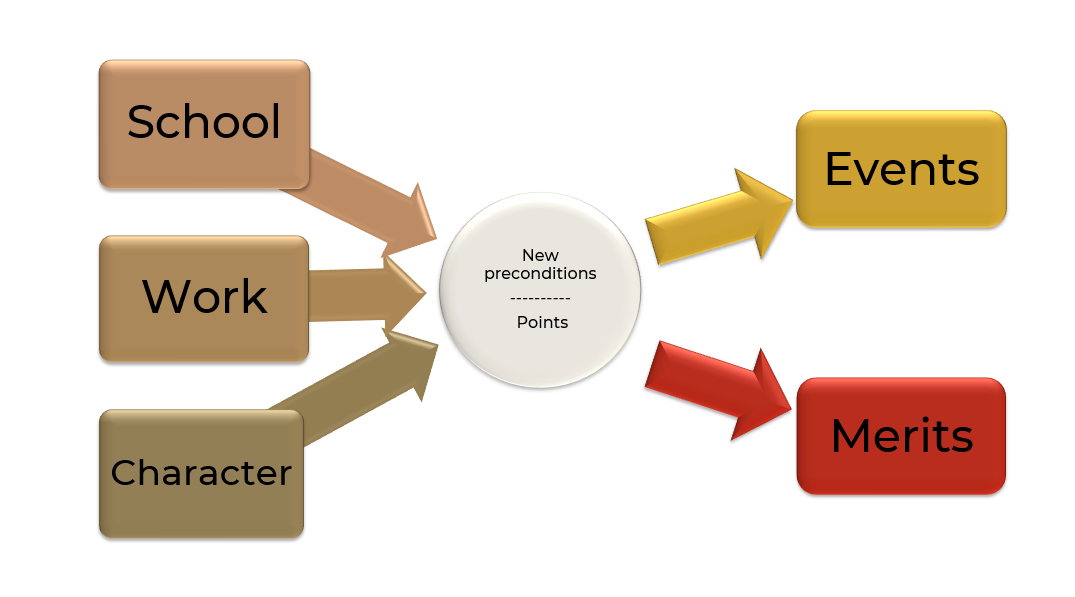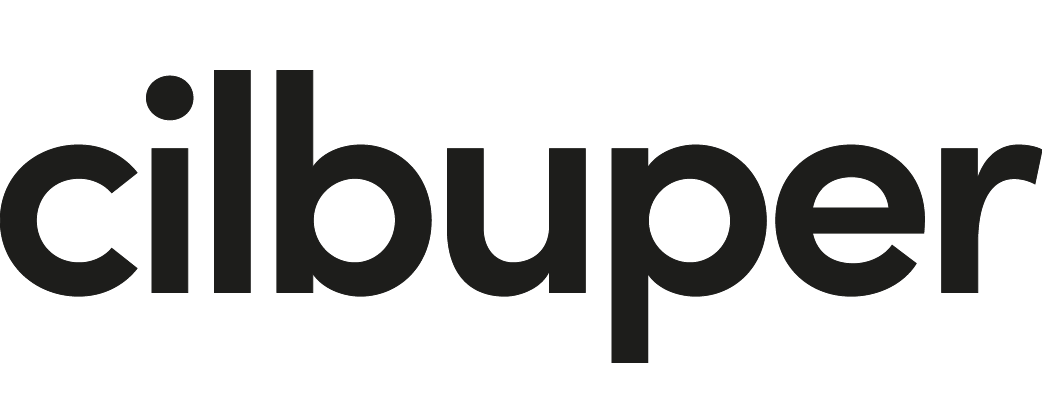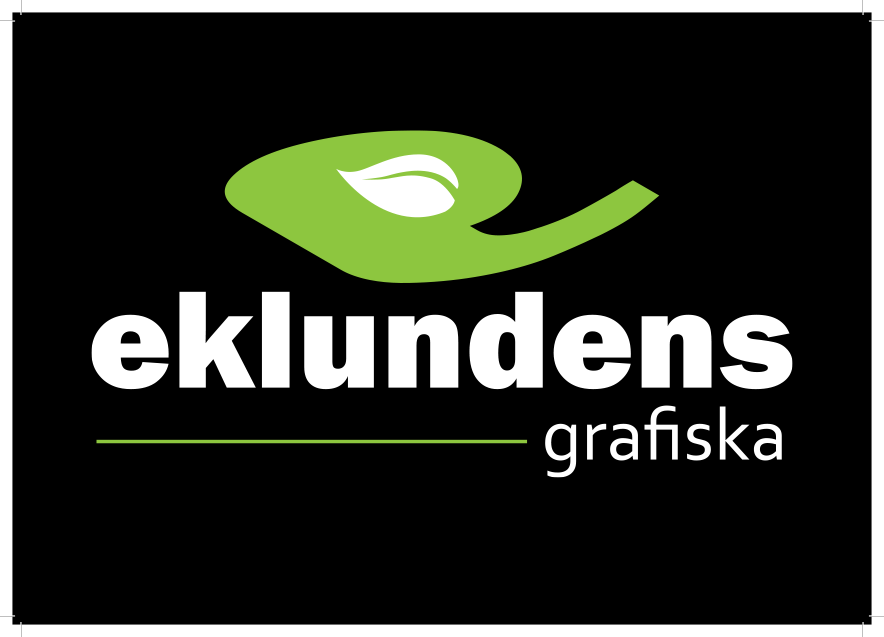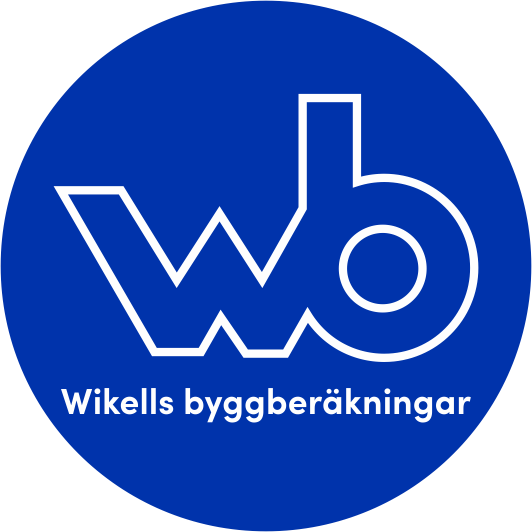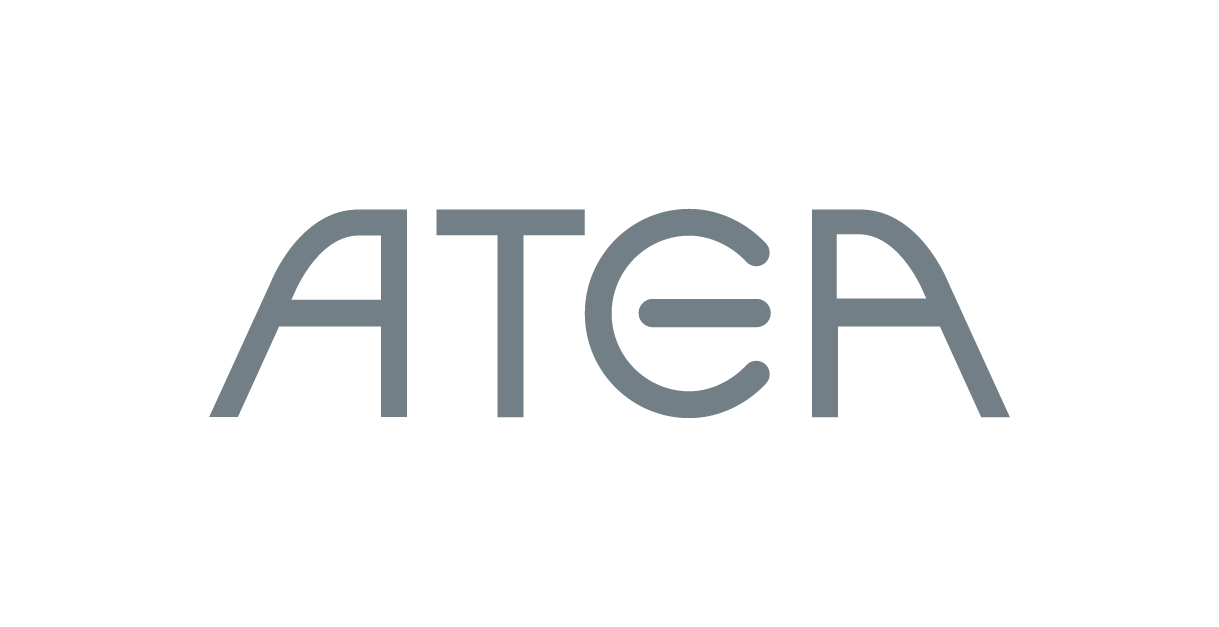GAMIFICATION AGAINST CRIMINALITY
Our Idea
The idea of Neighbourhood developed in Ulriksbergskyrkan (UBK) in Växjö where it during the first years ran as a pilot-project and a pilot-study in collaboration with Erikshjälpen and Companion. Soon we also received support from Allmänna Arvsfonden to further develop our work and run it as a project with them during three years, which gave good results and a sustainable continuation. The work is still carried by Ulriksbergskyrkan today with big support from the civil society, the municipality and the business life.
In the encounters with our target group we quickly nailed it down to three focus areas where we saw a significant need for development for the youths personal success in the adult life. We call these: SCHOOL, WORK and CHARACTER, and for each focus area we have a general goal for our participants:
- Graduate high school
- Be equipped to manage a job
- Be able to deal with set-backs, conflicts and peer pressure in a constructive way
However, to motivate youths to long-term decisions and to think about the future has always been a challenge. The biggest part of the work concerns awakening commitment.
To do that we have built our organization based on the already existing research about creating motivation. Today we work mainly with the theories about the salutogenic perspective (SOC – Aaron Antonovski), Gamification, The Marshmallow-test (Walter Mischel) and The Pygmalion Effect (Robert Rosenthal).
Read more about our results
read more about the app
Our Approach
Neighbourhood is packaged in a mobile app similar to the games that youths are used to interacting with. Inside the app you can find both quests and rewards.
The quests generate points which are then used to buy rewards. One example can be that a participant attends a homework session (quest) to collect points for an upcoming go-kart tournament (reward). Both quests and rewards are done in person but are communicated, administered, and tracked in the app.
quests
SCHOOL
In order to improve our participants results in school we have put effort into two areas:
1. Homework: Three hours per week we offer homework sessions with volunteers to which participants can come and recieve help whilst earning points in the app at the same time.
2. Attendance: In order for their academic results to improve, the participants need good attendance in school. To enable this, we also go out to the schools where we support our participants to increase their attendance in classes.
Work
Preparing our participants for the working life is crucial for future success. We therefore offer the following initiatives:
1. Internships: Here we arrange job training for participants at real workplaces, where attendance and effort is rewarded with points in the app.
2. Workshops: We arrange preparatory workshops with themes such as: How to write a resume; How to succeed at a job interview; and How to maintain a job.
CHARACTER
Character-building is our last puzzle piece towards transforming our participants’ chances for a better future. The activities here aim to promote a positive and proactive mentality, primarily via two types of quests:
1. Leadership training: Inspirational days where the participants get to develop their ability to lead both themselves and others. These days can, for example, be about different leadership styles, setting goals or managing conflicts.
2. Conversations/ Talks: We meet the participants, alone or in groups, for coaching and value-driven conversations so they can evaluate their motivations and direction in life, but also so they can challenge their limiting thoughts and beliefs of the world.
Rewards
Events
For many participants, our events is what attracts them to Neighbourhood in the first place. We offer exciting activities that appeal to our target group whilst simultaneously contributing to a meaningful free-time, new social contexts and new interests to be discovered. During our rewarding activities we put great emphasis on creating a positive community and atmosphere that challenges what they are used to. Sometimes we blend our participants with youths from other groups and sometimes we work with a high presence of purposeful leaders.
Something that we have learned from our events is that youths can use them as a cover to avoid pressure from their peers. Participants who, for example, want to succeed with their education will say that they are only participating in the homework sessions in order to earn points for exciting activities. In this way, they avoid ridicule or bullying for what they are really doing: choosing to stay out of the streets.
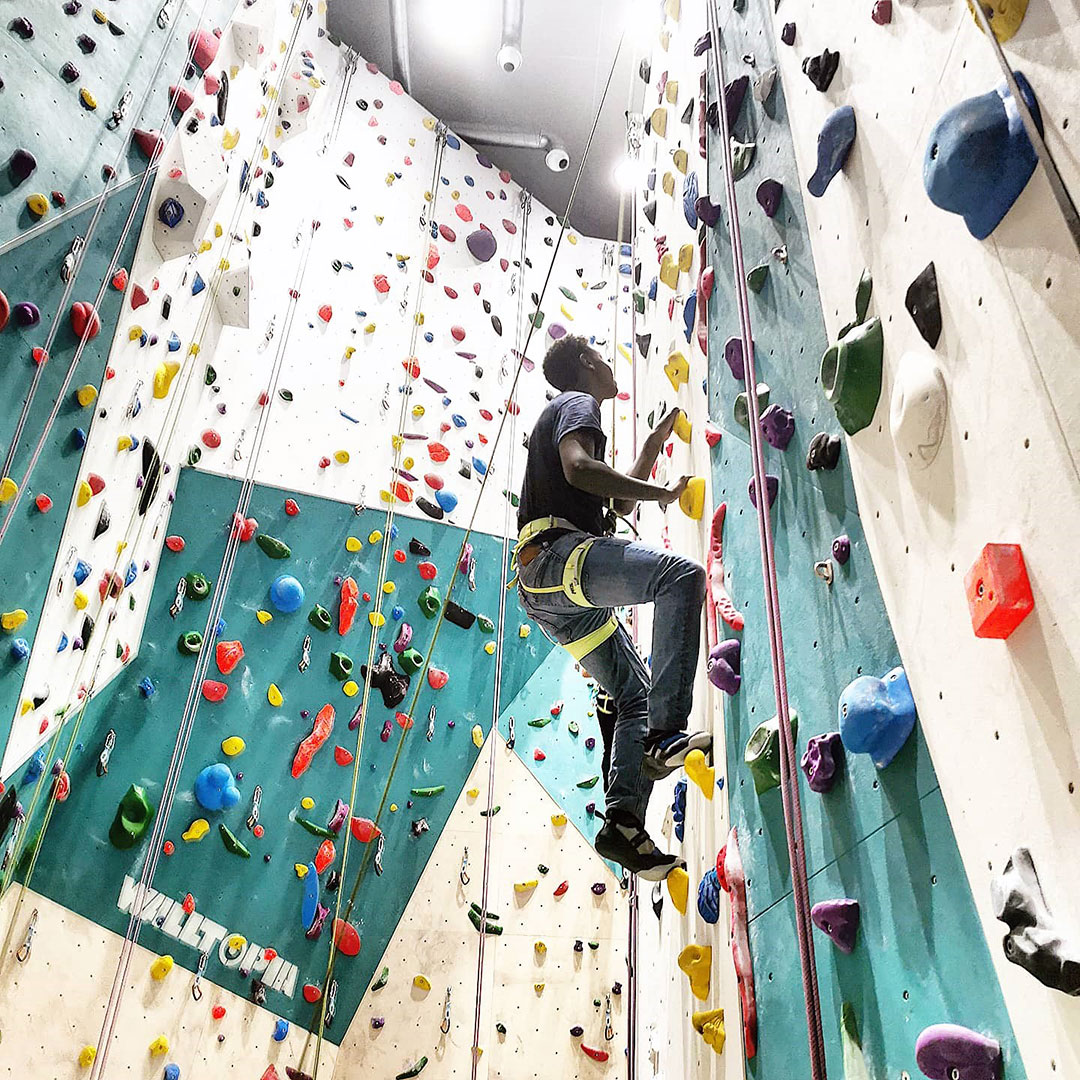

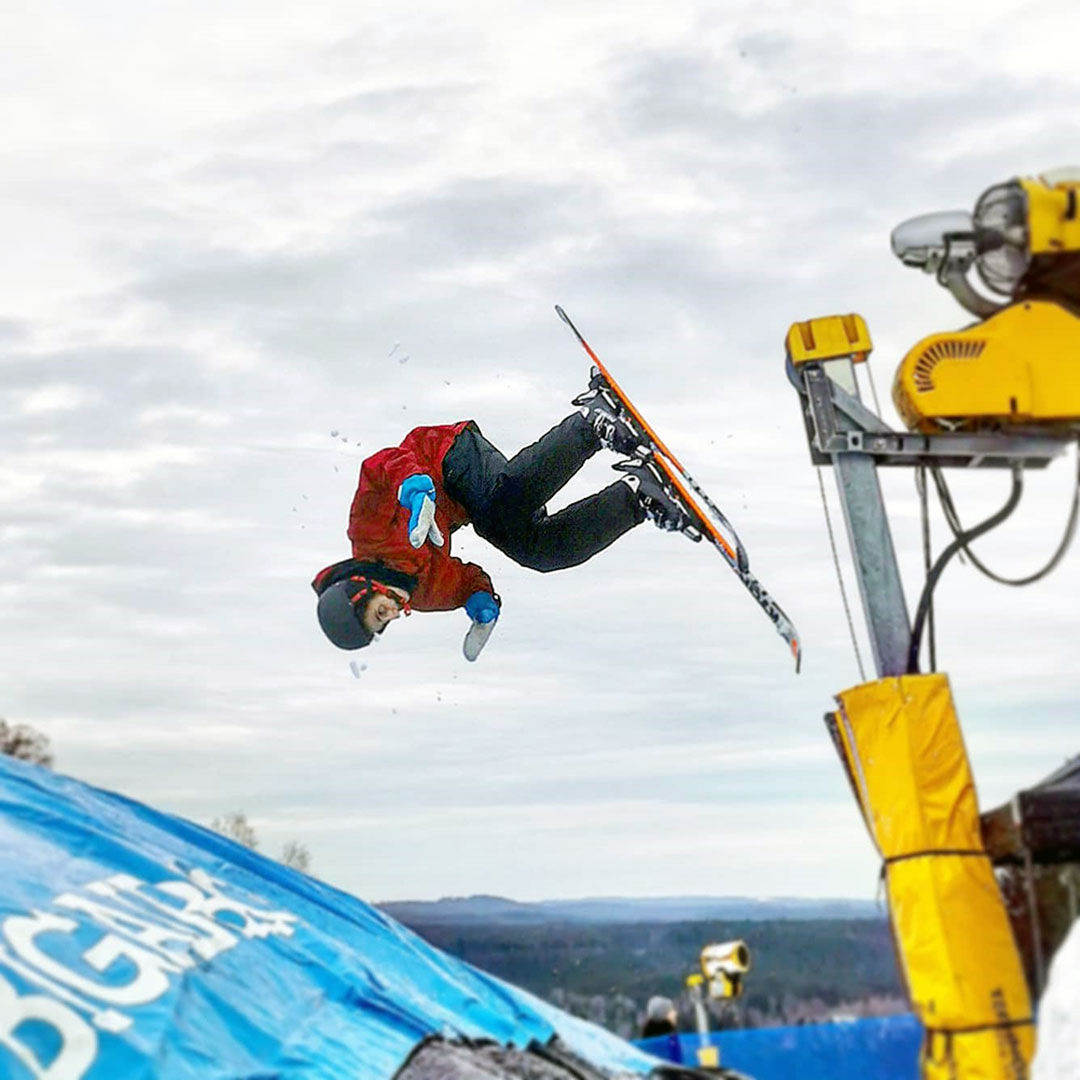
Merits
Lastly, we have our meritorious rewards where the participants spend their points on activities which will build a more attractive resume and increase their chances of attaining employment. This can, for example, be driving lessons with one of our volunteers or forklift training.
When our goal is for at-risk youths to want to come to extra homework sessions outside of school, there is a demand for—in addition to the incentives—a strong brand amongst the target group. This is why we are thorough when choosing rewarding activities and take the following aspects into consideration:
- It should promote a positive community.
- It should help us to build our brand with the target group.
- It should be something that gives the participants pride and status without having to commit any crimes.
- That we want to build self-confidence and perseverance in our participants.
